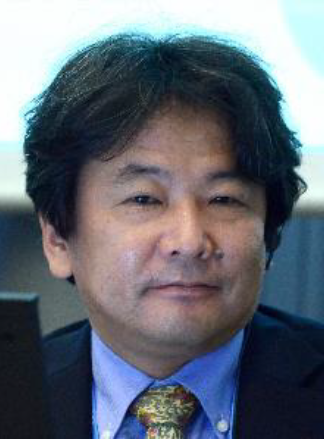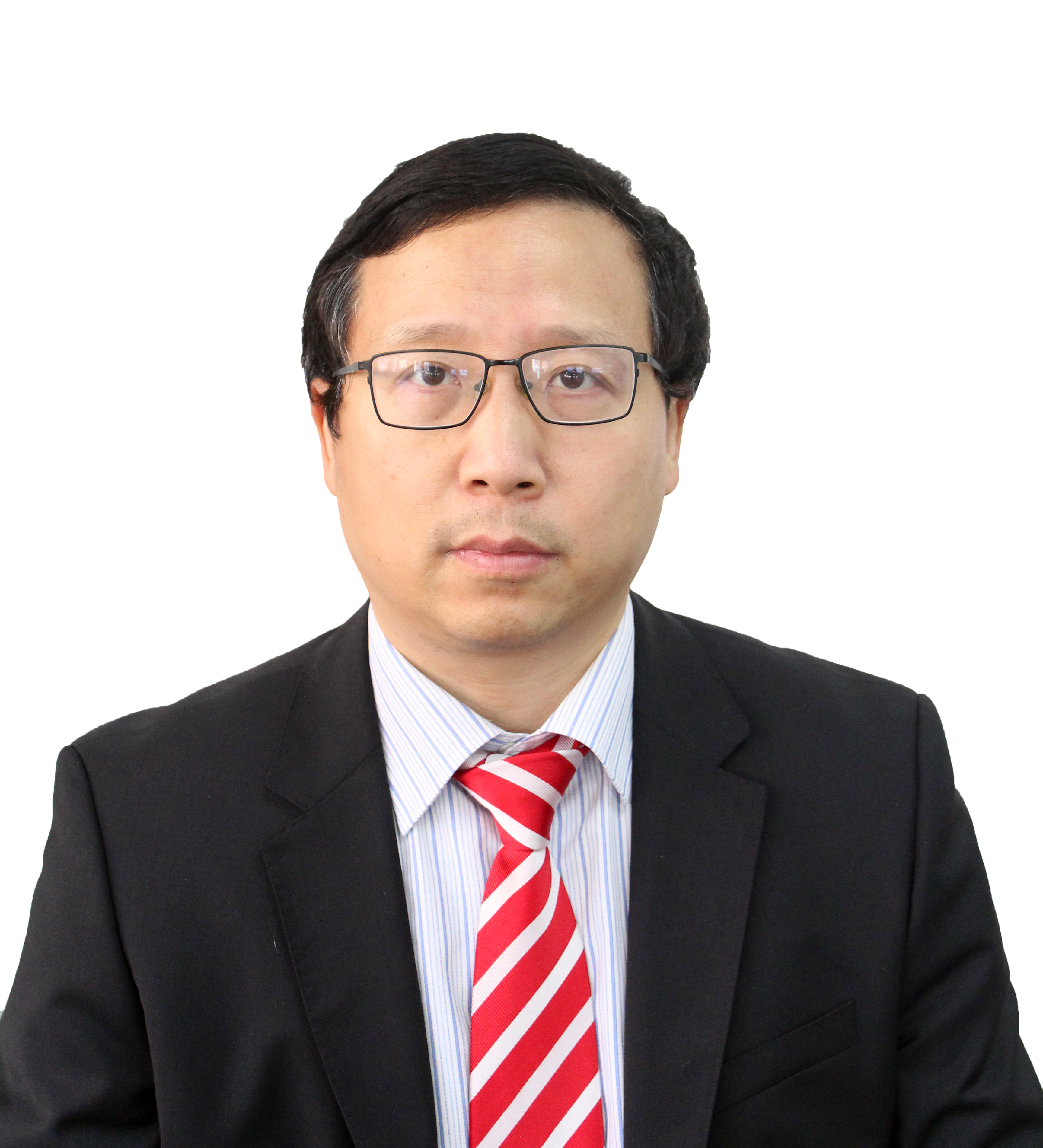 Masahito Kawamori Masahito Kawamori
ITU-T Study Group 16 Q28 Rapporteur | Project Professor, Media and Governance School, Keio University, Japan
Masahito Kawamori is a Project Prof. at the Media and Governance School, Keio University, Japan. Before joining Keio University in 2013, he had been a senior research engineer of NTT, which he joined in 1989 to do research and development in application of artificial intelligence, to convergent systems for mobile and fixed telecommunication, such as conversational robots and humanoids. This became, in 1998, a part of Japan Science and Technology Agency's program called Core Research for Evolutional Science and Technology Program that aimed at "Creating the Brain". Since 2000, he was involved in several projects in and outside of Japan to apply metadata and ontology for various services including, but not limited to, telecommunication and broadcasting, which have led to global standards that are currently commercially deployed in several services. He is also actively involved with the International Telecommunication Union, part of the United Nations.
|
|---|

Noah Luo
Noah Luo
ITU-T SG16 Chairman | Vice President, Dept. of Standardization and Industry Development, Huawei
Noah Luo is ITU-T SG16 Chairman, a position for which he got elected in 2016 and he had been vice chairman of SG16 during the period of 2008-2016. Mr. Luo is a VP and senior standardization and industry development expert from Huawei with a wide range of responsibilities including standards, industry development, ecosystems and regulatory policies, etc. Mr. Luo has been and is active in various standards fields including multimedia technologies, services and applications, AI, digitization of vertical industries, cloud and edge computing and communications technologies. He is based in Lausanne, Switzerland.
|